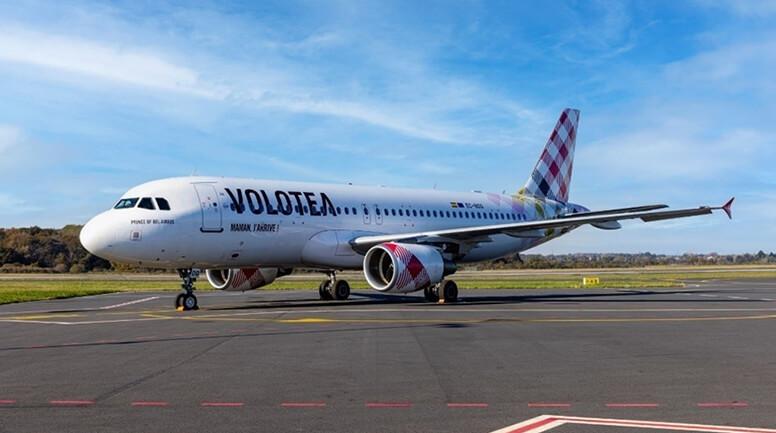
With Aviation Week’s Aero Engines Europe event taking place in Madrid Sept. 13-14, for this week’s Flight Friday we look at some engine data, focusing on Spanish-operated narrowbody aircraft.
The data is split into “Legacy” engines of the CFM56, the V2500 and the RB211 versus the Next Generation, or latest technology, engines of the LEAP and the GTF. Pre-pandemic, as these latest technology engines started to be delivered, the share of flight hours was almost a 90/10 split in favor of the legacy engines.
As the pandemic took hold and global utilization dropped, we can see, if there was flying happening, it was the latest generation engines that were employed to do those flights. In March and April 2021, nearly a third of all narrowbody flying time was completed using the latest generation engines. These engines are much more efficient and helped operators keep their costs lower.
As the globe slowly dealt with the pandemic, and travel demand grew, operators started to bring back the legacy powered aircraft, which over the course of time brought us to the 80/20 split, again still in favor of the legacy powered aircraft, that we are still at today.
As times goes on and more legacy powered aircraft retire, and the continued influx of latest generation engines come into the Spanish fleet (the Aviation Week Network Fleet Discovery database shows over 100 outstanding narrowbody orders for Spanish operators that are powered by latest generation engines), then the split will continue to shift towards 50/50.
This data was put together using Aviation Week’s Tracked Aircraft Utilization tool.





